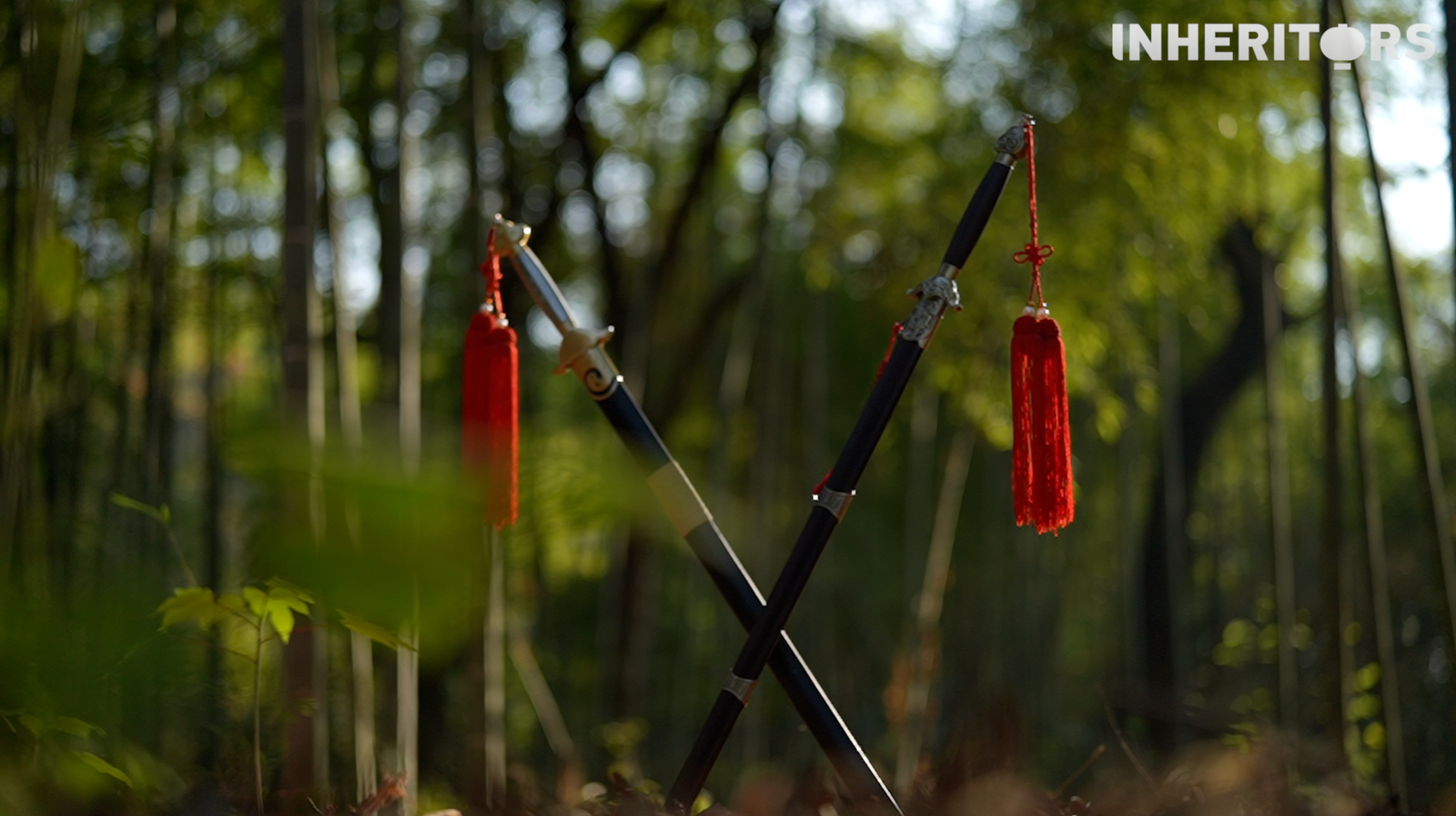In the rich tapestry of Chinese martial arts culture, swords hold a place of unique significance. Far from being viewed simply as tools of war or means of self-defense, they are revered as sentient beings, believed to possess a life and soul of their own. This spiritual aspect of the sword, deeply rooted in Chinese philosophy and culture, gives it an elevated status that goes beyond its physical form and function.
The concept of a sword being alive and possessing a soul may seem abstract to many, but it is an intrinsic part of Chinese martial arts culture. The belief originates from ancient Chinese thought, which often assigns spiritual or sentient attributes to inanimate objects. This spiritual personification aims to remind the wielder of the sword’s significance and the responsibility that comes with it.
The relationship between a martial artist and their sword in Chinese culture is akin to that of loyal friends. The sword is seen as a protective companion to its master, guarding them against harm, much like a loyal friend would. This bond is not one-sided; the martial artist reciprocates by respecting and caring for the sword, treating it with the reverence and kindness one would accord a close companion.
However, the cultural significance of swords in China extends beyond the realm of martial arts. Scholars and poets, often perceived as gentle and peaceful, also carried swords. Contrary to their typical use in combat, these intellectuals did not carry swords as weapons. Instead, the sword represented a companion, a silent observer that accompanied them through their scholarly pursuits and poetic musings.
The carrying of swords by scholars is a symbolic act that embodies a mix of philosophical and cultural beliefs. It demonstrates the interplay between the physical and spiritual, the martial and the intellectual, embodying the unity of opposites inherent in the concept of Yin and Yang. Swords thus become a symbol of balance and harmony, integrating the disparate elements of bravery and wisdom, strength and gentility.
The sword’s multifaceted symbolism is evident in Chinese literature and art, where it is often depicted as a revered object of beauty and power. Tales of legendary swords with unique names and stories further accentuate their living and sentient qualities, transforming them into characters in their own right.
In essence, swords in Chinese martial arts culture symbolize much more than just physical strength or martial prowess. They represent a deep philosophical thought, embodying the unity of opposites and the balance of energies. They are sentient companions that protect their masters and accompany them through their life’s journey, marking a distinct and fascinating aspect of Chinese cultural heritage.
READ MORE:
